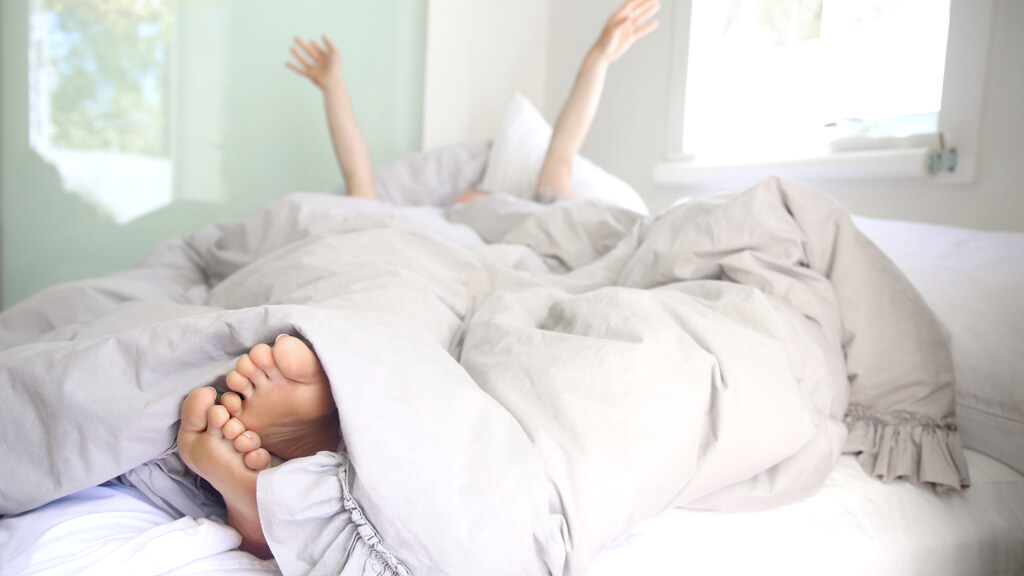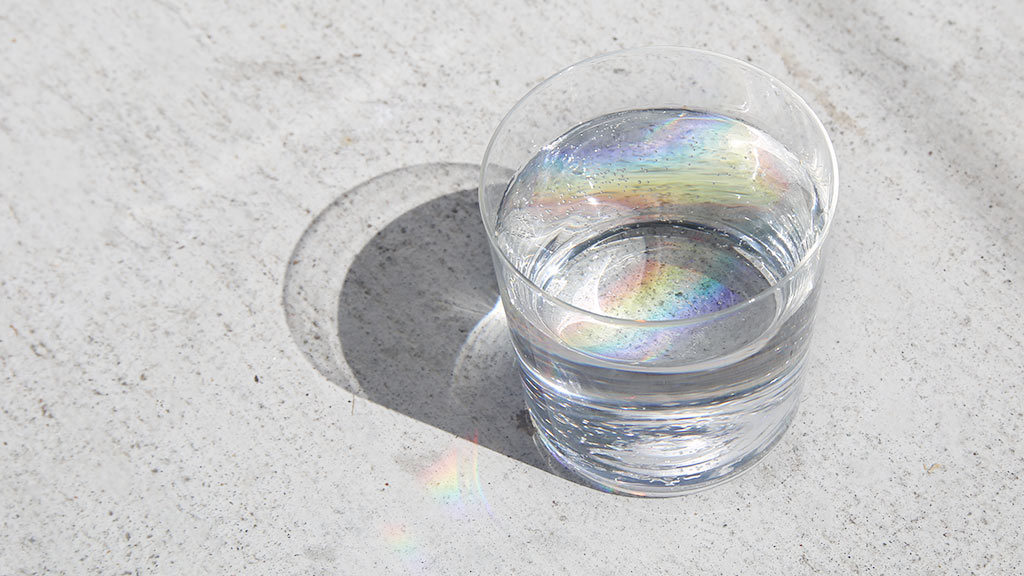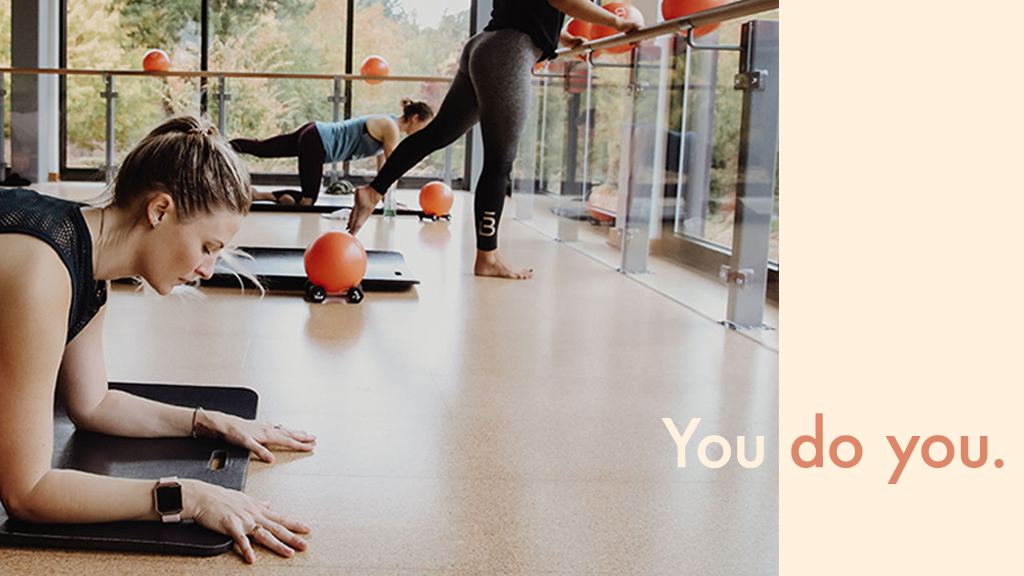Connect
THE SCIENCE OF SLEEP: WHY IT’S CRUCIAL TO YOUR HEALTH
Sleep is one of the buzziest words in wellness right now, suddenly ranked right up there with exercise and eating well as one of the most important things you can do for your physical and mental health.
Why the sudden interest in getting good shut-eye? Recent research shows that the effects of spotty sleep go far beyond feeling groggy. “Poor sleep won’t kill you quickly, like a heart attack, but it can definitely do serious damage to your health over time,” says W. Christopher Winter, MD, president of Charlottesville Neurology and Sleep Medicine and author of The Sleep Solution. “When you’re sleep deprived, your body has these little cheats it relies on to make you feel more awake, like producing certain chemicals that make you want to eat more (taking in more calories can make you more alert) or ramping up the amount of the stress hormone cortisol (fight or flight also makes you feel more awake),” he explains. And it’s those changes that can lead to some major health issues like diabetes, Alzheimer’s disease, high blood pressure, depression, and more.
Now for the good news: The connection goes the other way. Healthy sleep habits can have a pretty dramatic improvement on your life. And the benefits build up over time. “Prioritizing sleep is like saving money for retirement,” says Dr. Winter. “People who value it early on end up seeing lots of improvements when they’re older. And the earlier you start to pay attention to it, the better.”
Need more incentive? Here are seven science-backed ways getting consistent quality sleep will improve your life.
- You’ll find it easier to maintain your weight. People who regularly get in a solid seven or more hours of sleep a night are less likely to be obese than those who don’t sleep as much. There are a few factors at work here, but one reason for the connection is that sleep deprivation changes the hormones that determine how hungry or full you feel. The less sleep you get, the more likely you are to eat when you’re not hungry.
- You’ll actually be able to remember things. Just because your school days might be behind you doesn’t mean you aren’t constantly learning and needing to store information. And sleep is crucial for those processes. While you’re asleep, your brain solidifies memories and puts them into permanent storage.
- You’ll rock your B3 class. Wish you could push yourself a little more in the studio? Sleep will get you there. Research shows it can improve athletic ability—whether it’s how accurately you can throw a ball to how long you hold that Plank.
- You’ll be in a better mood. This one should come as no surprise, but people who don’t sleep enough are crankier. And because sleep deprivation affects the area of the brain that regulates mood, you’re also likelier to blow up over something not-so-major. Making this worse is that when something good does happen, you aren’t going to feel as happy as you would if you’d clocked in a solid night of sleep.
- You’ll find it easier to focus. You know that feeling when your mind starts to wander and you realize you have totally stopped paying attention to the task at hand? That’s less likely to happen when you’ve had a good night’s sleep. Being tired makes your brain fatigue more quickly when spending a long time doing a single task.
- You won’t get sick as often. Research shows that when people are exposed to the common cold virus, those who sleep less than seven hours a night were almost three times likelier to catch the cold than those who sleep more than eight hours a night.
- Your skin will glow. You know that sleeping well can help get rid of things like under-eye circles, but it can also make your skin hold onto moisture and help your face look younger.
Of course, getting quality sleep is sometimes easier said than done. For help, check out this video demonstrating a stretch-and-breathing combo that’s proven to encourage a solid night’s rest. Sleep tight!
Sleep is one of the buzziest words in wellness right now, suddenly ranked right up there with exercise and eating well as one of the most important things you can do for your physical and mental health.
Why the sudden interest in getting good shut-eye? Recent research shows that the effects of spotty sleep go far beyond feeling groggy. “Poor sleep won’t kill you quickly, like a heart attack, but it can definitely do serious damage to your health over time,” says W. Christopher Winter, MD, president of Charlottesville Neurology and Sleep Medicine and author of The Sleep Solution. “When you’re sleep deprived, your body has these little cheats it relies on to make you feel more awake, like producing certain chemicals that make you want to eat more (taking in more calories can make you more alert) or ramping up the amount of the stress hormone cortisol (fight or flight also makes you feel more awake),” he explains. And it’s those changes that can lead to some major health issues like diabetes, Alzheimer’s disease, high blood pressure, depression, and more.
Now for the good news: The connection goes the other way. Healthy sleep habits can have a pretty dramatic improvement on your life. And the benefits build up over time. “Prioritizing sleep is like saving money for retirement,” says Dr. Winter. “People who value it early on end up seeing lots of improvements when they’re older. And the earlier you start to pay attention to it, the better.”
Need more incentive? Here are seven science-backed ways getting consistent quality sleep will improve your life.
- You’ll find it easier to maintain your weight. People who regularly get in a solid seven or more hours of sleep a night are less likely to be obese than those who don’t sleep as much. There are a few factors at work here, but one reason for the connection is that sleep deprivation changes the hormones that determine how hungry or full you feel. The less sleep you get, the more likely you are to eat when you’re not hungry.
- You’ll actually be able to remember things. Just because your school days might be behind you doesn’t mean you aren’t constantly learning and needing to store information. And sleep is crucial for those processes. While you’re asleep, your brain solidifies memories and puts them into permanent storage.
- You’ll rock your B3 class. Wish you could push yourself a little more in the studio? Sleep will get you there. Research shows it can improve athletic ability—whether it’s how accurately you can throw a ball to how long you hold that Plank.
- You’ll be in a better mood. This one should come as no surprise, but people who don’t sleep enough are crankier. And because sleep deprivation affects the area of the brain that regulates mood, you’re also likelier to blow up over something not-so-major. Making this worse is that when something good does happen, you aren’t going to feel as happy as you would if you’d clocked in a solid night of sleep.
- You’ll find it easier to focus. You know that feeling when your mind starts to wander and you realize you have totally stopped paying attention to the task at hand? That’s less likely to happen when you’ve had a good night’s sleep. Being tired makes your brain fatigue more quickly when spending a long time doing a single task.
- You won’t get sick as often. Research shows that when people are exposed to the common cold virus, those who sleep less than seven hours a night were almost three times likelier to catch the cold than those who sleep more than eight hours a night.
- Your skin will glow. You know that sleeping well can help get rid of things like under-eye circles, but it can also make your skin hold onto moisture and help your face look younger.
Of course, getting quality sleep is sometimes easier said than done. For help, check out this video demonstrating a stretch-and-breathing combo that’s proven to encourage a solid night’s rest. Sleep tight!










One person has left a comment. Join the conversation!
View Comments